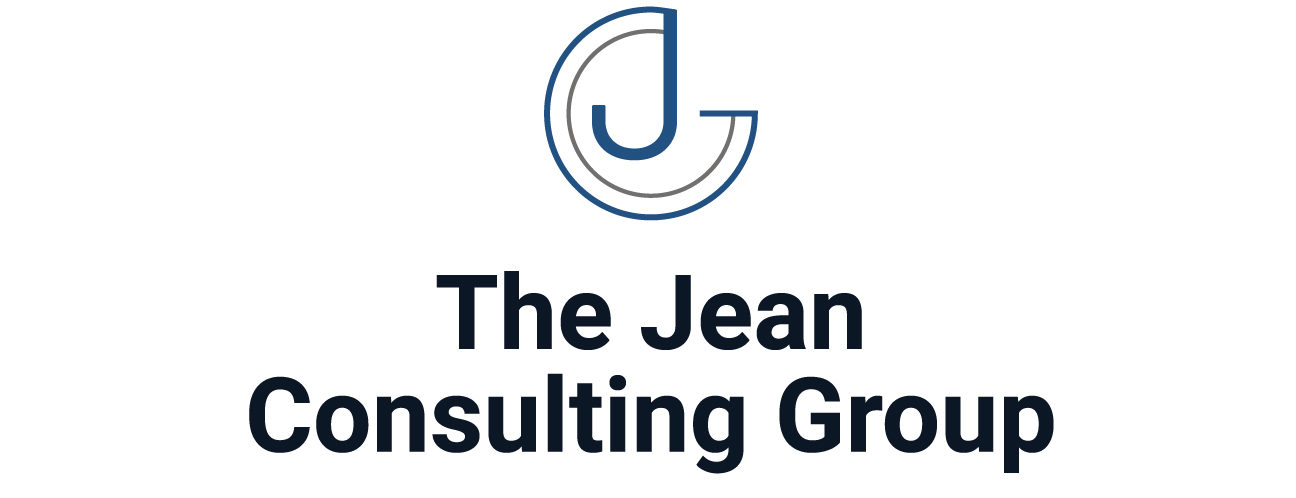Organizational culture plays a pivotal role in shaping the attitudes, behaviors, and experiences of employees within an organization. A strong and positive culture fosters employee engagement, retention, and performance, driving organizational success and growth. Organizational culture development requires deliberate efforts to align values, norms, and practices with the organization’s mission and vision. This article explores effective employee engagement strategies for organizational culture development, offering insights into building a culture that inspires and empowers employees to contribute their best.
Understanding Organizational Culture Development
Organizational culture encompasses the shared values, beliefs, norms, and behaviors that define the identity and character of an organization. Culture influences how employees perceive their work environment, interact with colleagues, and approach their tasks and responsibilities. Organizational culture development involves shaping and nurturing a culture that reflects the organization’s core values, promotes collaboration and innovation, and supports the achievement of strategic objectives.
Effective Employee Engagement Strategies for Organizational Culture Development
To cultivate a culture of engagement and alignment with organizational values, organizations can implement the following strategies:
- Define and Communicate Core Values: Clearly define the organization’s core values and communicate them consistently across all levels of the organization. Ensure that employees understand how their work contributes to the realization of these values and how they align with the organization’s mission and vision.
- Lead by Example: Leadership plays a critical role in shaping organizational culture. Leaders should embody the values and behaviors they wish to see in employees, demonstrating integrity, transparency, and accountability in their actions and decisions.
- Foster Open Communication: Create opportunities for open and transparent communication throughout the organization. Encourage feedback, ideas, and suggestions from employees at all levels, and be responsive to their concerns and input. Establish channels for regular communication, such as town hall meetings, employee forums, and feedback mechanisms.
- Promote Collaboration and Teamwork: Foster a collaborative work environment where employees feel valued, respected, and supported by their colleagues. Encourage teamwork, knowledge sharing, and cross-functional collaboration to break down silos and promote a sense of belonging and camaraderie.
- Recognize and Reward Contributions: Acknowledge and appreciate employees’ contributions and achievements through formal and informal recognition programs. Celebrate successes, milestones, and accomplishments publicly, and provide meaningful rewards and incentives that align with organizational values and objectives.
- Invest in Employee Development: Prioritize employee development and growth by providing opportunities for training, learning, and skill development. Offer mentorship programs, leadership development initiatives, and career advancement pathways to support employees in reaching their full potential.
- Promote Work-Life Balance: Support employees in achieving a healthy work-life balance by offering flexible work arrangements, promoting wellness initiatives, and encouraging time off to recharge and rejuvenate. Respect boundaries and avoid excessive demands on employees’ time and energy, recognizing the importance of personal well-being in sustaining long-term engagement and productivity.
- Embrace Diversity and Inclusion: Foster a culture of diversity and inclusion where all employees feel valued, respected, and empowered to contribute their unique perspectives and talents. Promote equity and fairness in all aspects of organizational policies and practices, and actively challenge biases and stereotypes.
Conclusion
Organizational culture development is a continuous journey that requires commitment, effort, and alignment with organizational values and objectives. By implementing effective employee engagement strategies that promote open communication, collaboration, recognition, and development, organizations can cultivate a culture of engagement and alignment that inspires employees to excel and contribute to the organization’s success. Investing in organizational culture development not only enhances employee satisfaction and retention but also strengthens the organization’s resilience, adaptability, and competitiveness in a rapidly changing business environment. By prioritizing the development of a positive and inclusive culture, organizations can create an environment where employees feel valued, empowered, and motivated to achieve their fullest potential.




